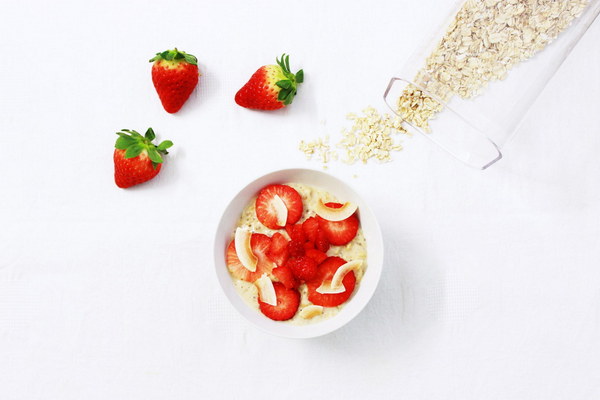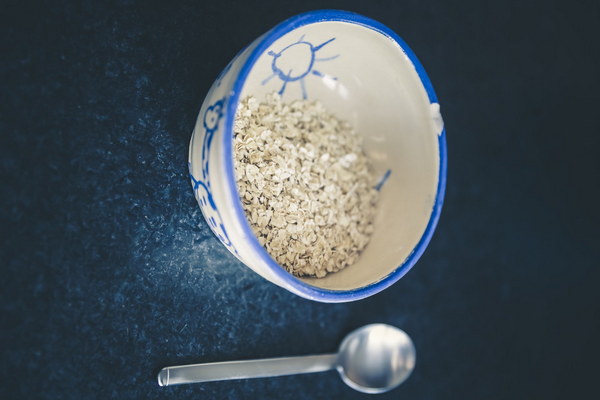Bread and Buns A Gastronomic Journey to Strengthening the Spleen and Stomach
In the realm of traditional Chinese cuisine, the art of fermentation has been utilized for centuries to enhance the flavor and nutritional value of various dishes. One such staple that stands out for its ability to nourish the spleen and stomach is the fermentation of bread and buns. This article delves into the significance of fermentation in these delightful treats and how they contribute to a healthy digestive system.

Fermentation, an ancient practice, involves the conversion of carbohydrates into alcohol or organic acids by bacteria or yeast. In the case of bread and buns, the fermentation process is crucial in the development of their distinct texture, aroma, and taste. Additionally, it offers numerous health benefits, particularly for the spleen and stomach.
The spleen and stomach, according to traditional Chinese medicine, are vital organs responsible for digestion, nutrient absorption, and blood production. When these organs are functioning optimally, the body enjoys better health and vitality. However, modern lifestyles often lead to an imbalance in the spleen and stomach, resulting in various health issues such as indigestion, bloating, and fatigue.
Fermented bread and buns can help restore the balance of the spleen and stomach due to several reasons:
1. Enzyme-rich: The fermentation process breaks down complex carbohydrates into simpler sugars, making them easier to digest. This enzyme-rich environment fosters the growth of beneficial bacteria, which aid in the digestion process.
2. Probiotics: Fermentation introduces probiotics into the body, which are beneficial microorganisms that promote a healthy gut flora. These probiotics can improve digestion, boost the immune system, and reduce the risk of various gastrointestinal disorders.
3. Increased nutrient absorption: The fermentation process increases the bioavailability of nutrients, allowing the body to absorb more vitamins, minerals, and amino acids from the bread and buns.
4. Reduced phytic acid: Phytic acid is an anti-nutrient found in grains that can interfere with the absorption of essential minerals. Fermentation breaks down phytic acid, making the nutrients more accessible.
To fully appreciate the benefits of fermented bread and buns, it is essential to understand the key ingredients and the fermentation process:
1. Flour: High-quality, organic flour is the foundation of any bread or bun. It provides the necessary carbohydrates for fermentation and serves as a source of fiber and nutrients.
2. Yeast or bacteria: Yeast, such as Saccharomyces cerevisiae, and bacteria, such as lactobacillus, are responsible for the fermentation process. They convert the carbohydrates in flour into alcohol and organic acids, creating the desired texture and flavor.
3. Water: Water is a vital ingredient in the fermentation process, as it provides the medium for yeast and bacteria to thrive.
4. Salt: Salt acts as a preservative and enhances the flavor of the bread and buns. It also helps to inhibit the growth of harmful bacteria.
To enjoy the health benefits of fermented bread and buns, consider the following tips:
1. Opt for whole-grain varieties: Whole-grain bread and buns are rich in fiber and nutrients, making them a healthier choice compared to refined versions.
2. Choose natural fermentation methods: Look for bread and buns that are made using traditional fermentation methods, as these tend to have higher levels of probiotics and enzymes.
3. Incorporate fermented bread and buns into your diet: Include fermented bread and buns in your meals to support the health of your spleen and stomach.
In conclusion, the fermentation of bread and buns is not only a delightful culinary tradition but also a way to promote a healthy digestive system. By incorporating these fermented treats into your diet, you can nourish your spleen and stomach, leading to improved overall health and well-being.









